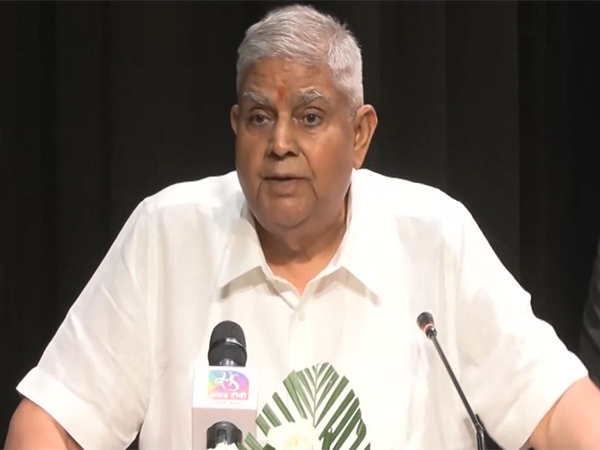Direct Subsidies to Farmers: A Revolutionary Shift for Indian Agriculture
Vice President Jagdeep Dhankhar advocates for direct government subsidies to farmers, drawing parallels with successful US models, and highlights potential increases in annual farmer income. He also commends India's strong stance against terrorism, referencing Rajasthan's identity rooted in valor and recent decisive military actions.

- Country:
- India
In a call for transformation, Vice President Jagdeep Dhankhar urged a shift in India's agricultural subsidy framework on Monday. Speaking in Jaipur, he emphasized the benefits of direct subsidies to farmers, bypassing intermediaries and departmental mechanisms. "Direct subsidies could reshape Indian agriculture," he asserted.
Highlighting models from the United States, Dhankhar pointed to their independence in financial decision-making as a template for India. He lauded the Indian government's PM-Kisan Samman Nidhi scheme as a foundation, acknowledging its annual Rs 60,000 crore allocation to farmer families, while stressing the potential for increased incomes if subsidies reached farmers directly.
Vice President Dhankhar spotlighted the government's annual Rs 3 lakh crore fertiliser subsidy. "If given directly, farmers could pursue natural farming," he argued. The US model, where aid is entirely farmer-directed, results in higher incomes for agriculture households than the national average, Dhankhar noted, urging India's shift towards this path.
In a nod to Rajasthan's heritage, he praised its association with historical figures like Maharana Pratap. Dhankhar also cited recent military responses to terrorism, such as the Pahalgam operation and the precision strike on Bahawalpur and Muridke bases, reinforcing India's commitment to eradicating terrorism.
(With inputs from agencies.)










